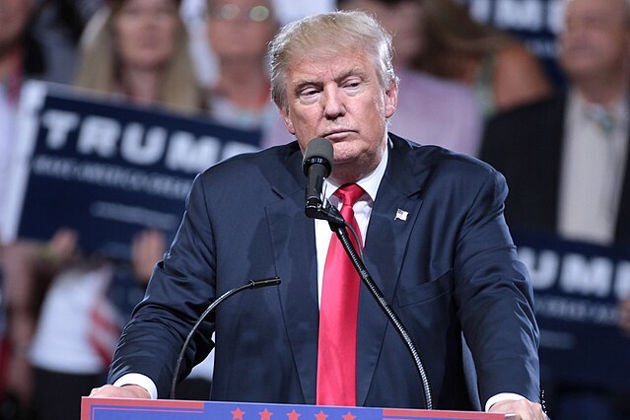Move FM Global News

Poll: Rising prices undermine Trump’s approval ratings
Sep 27, 2025WASHINGTON, D.C.: President Donald Trump’s approval rating edged down in recent weeks as concerns grew over the U.S. economy and his ability to curb rising prices, according to a new Reuters/Ipsos poll.
The three-day survey, which ended September 21, found that 41 percent of respondents approved of Trump’s overall performance, down from 42 percent in a September 5 to 9 poll. Meanwhile, 54 percent said the economy was on the wrong track, compared with 53 percent in August and 52 percent in July.
Approval of Trump’s economic management slipped to 35 percent, while only 28 percent approved of his handling of living costs. Trump, who returned to the White House this year after campaigning on promises to “fix the economy,” faces mounting public unease following weaker August job growth, a rise in unemployment to 4.3 percent—the highest in nearly four years—and faster inflation.
Economic anxiety was even higher earlier this year when Trump threatened steep tariffs on imports, sparking sharp market selloffs.
In the wake of conservative activist Charlie Kirk’s assassination this month, Trump has increasingly framed political opponents as a national threat. At a memorial for Kirk over the weekend, he declared that “the violence comes largely from the left.”
Reuters/Ipsos polling shows Americans consistently regard political extremism as the nation’s top problem. In the latest survey, 28 percent cited extremism as the most significant issue, compared with 16 percent who pointed to the economy. Respondents were nearly split on which party had the better plan to address extremism: 30 percent chose Republicans, 26 percent Democrats, and the rest were undecided or rejected both.
Despite weaker marks on the economy, Republicans held an edge over Democrats on economic policy—34 percent to 24 percent. Trump’s highest issue rating came on immigration, with 42 percent approving of his policies, unchanged from earlier this month. His immigration stance continues to bolster his overall standing.
The nationwide online poll of 1,019 adults has a margin of error of about three percentage points. Starting this month, respondents were no longer allowed to say they were “not sure” when asked if they approved or disapproved of Trump’s job performance.


